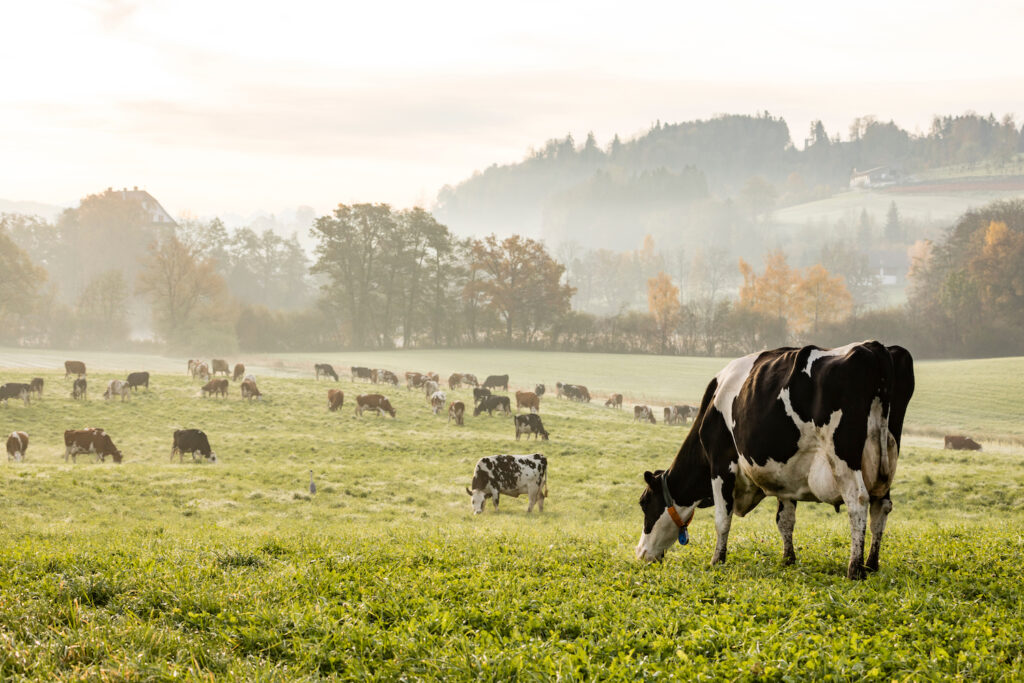Parasites: What to consider before turning cattle out to pasture this spring
10th March 2023
It’s important to consider different groups of cattle when thinking about worm control at turnout, as the risk factors will be different for different ages and the different types of parasite, explains Professor Diana Williams, of the University of Liverpool.
“Adult cattle should be immune to gastro-intestinal roundworms so will not need any monitoring or treatment at turnout,” explains Prof Williams, who is a key member of the Control of Worms Sustainably (COWS) group.
“However, adult cattle are at risk from liver fluke. If cattle have not been tested or treated over the winter, collect dung and do a check for fluke eggs. A composite sample can be tested, i.e. send in 10 individual samples and request that the laboratory does a composite faecal egg count. A copro-antigen test can be used but this is done on individual animals rather than using a composite sample.”
If the test comes back positive, Prof Williams recommends considering treatment with a product that targets adult fluke such as clorsulon, oxyclozanide or albendazole.
“Stopping eggs being shed onto pasture at turnout will reduce the burden of fluke on the pasture later in the year,” she adds.
“Yearlings that were grazing last year may have picked up gut roundworms that have encysted in their guts. When the worms activate at the end of the winter, this can cause serious disease called type II ostertagiosis.
“If they were treated with a Group 3 clear drench (ML) after housing, they should not be at risk. However, if it is known that they were exposed to worms the previous summer and have not been treated, consider a treatment now. There is no well-established way of testing to see if calves are carrying an encysted worm burden.
“Also consider testing youngstock for fluke, using a fluke dung check as described above.”
Farmers should also be aware of the risks of lungworm once calves are turned out. The level of risk depends on whether they were exposed to lungworm during their first grazing season and whether the farm is at risk from the disease.
Prof Williams advises farmers to consider vaccinating calves against lungworm – while an expensive option it can take away the worry for the rest of the season.
She concludes: “For dairy and beef calves born last autumn or over the winter and that will go out in the spring without their mothers, it is important to plan a strategic testing and worming plan for the coming season with the vet or animal medicines prescriber.
“Now is a good time to vaccinate to prevent lungworm, especially if the farm is at risk such as having a history of lungworm or buying in cattle.”

